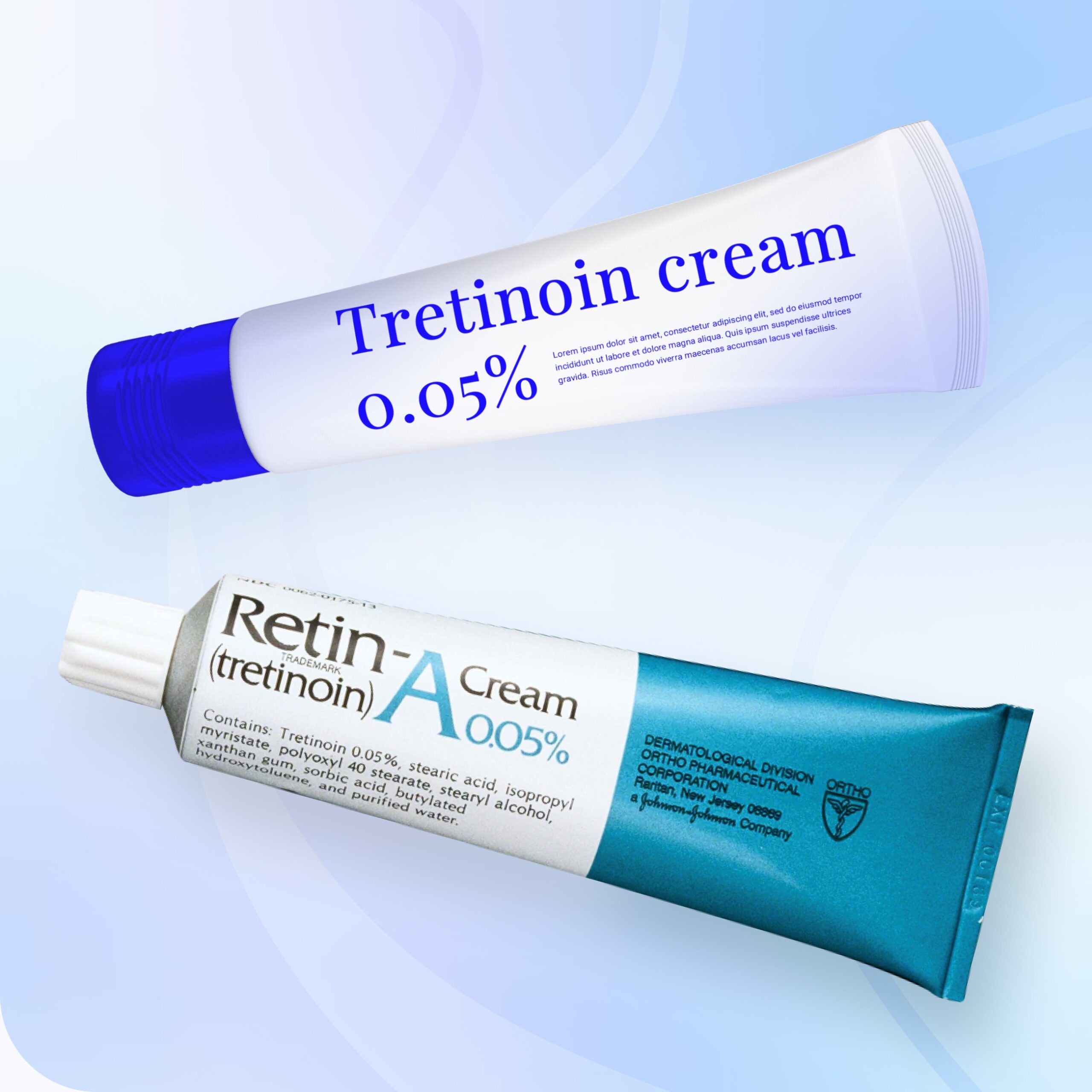Considering “Tretinoin Cream: Do You Need A Prescription?” is a question many people ask, let’s clarify. Tretinoin, a powerful retinoid, is indeed a prescription-only medication in many countries. This is because its potency requires medical oversight to ensure safe and effective use. However, understanding the need for a prescription doesn’t mean you can’t explore the incredible potential benefits of this skincare powerhouse. This product information is intended for educational purposes only and should not be considered medical advice. Always consult a dermatologist before starting any new skincare routine.
The benefits of tretinoin are widely documented and sought after by those seeking to improve their skin’s overall health and appearance. Many users report a significant reduction in the appearance of acne, wrinkles, and age spots. This is due to tretinoin’s ability to stimulate collagen production, leading to firmer, smoother skin. It also increases cell turnover, helping to shed dead skin cells and unclog pores, resulting in a clearer complexion. The remarkable results are what drive so many to seek this treatment, making it a popular topic of discussion and research among skincare enthusiasts.
Understanding the prescription requirement for tretinoin is crucial. This ensures that individuals receive proper guidance on dosage, application, and potential side effects from a qualified medical professional. A dermatologist can assess your skin type, concerns, and overall health to determine if tretinoin is the right treatment for you and help manage any potential side effects. They can also advise on appropriate sun protection, a critical element when using tretinoin, as it can increase sun sensitivity. This professional guidance is essential for maximizing the benefits and minimizing any risks associated with tretinoin use.
By seeking professional advice before using tretinoin, you are prioritizing your skin health and ensuring you are using this potent medication safely and effectively. Remember, this information is for educational purposes only and is not a substitute for professional medical advice. Always consult a qualified dermatologist to determine if tretinoin is right for your individual needs and to discuss any concerns you may have regarding its use. Learning about the prescription requirements for tretinoin empowers you to make informed decisions about your skincare journey.

